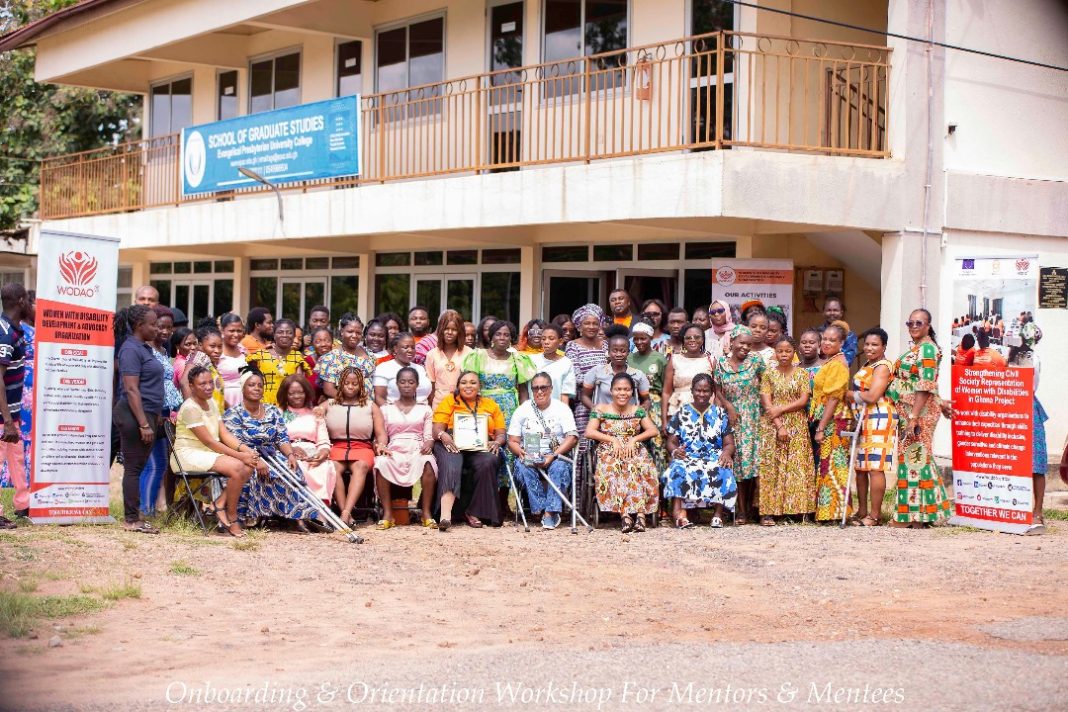Copyright ghananewss

Akweley Nkwanta St. Mary’s Anglican Basic A is one of 15 schools in Awutu Senya East Municipality of the Central Region that runs a shift system with close to 3,000 pupils enrolled at the cluster of schools. A shift system is an arrangement which provides for a certain number of school children to attend school within a defined time in the morning, and another set of children use the same facilities in the afternoon for studies. While it affords opportunity for many children of school going age to access education, it creates additional challenges including school non-attendance which can be difficult to track by parents and teachers. This is complicated when lack of access to basic healthcare owing to absence of health insurance would prevent a girl child from attending school when not well and miss out on learning to enhance empowerment. On top of this, such persistent challenge could deny future opportunities for the girl and boy child to complete basic education, limit opportunities for secondary education and future economic empowerment. According to Mr. Owusu, Headmaster of the School, up to 75% of the school children do not have health insurance and poses challenges to school authorities when during school hours, children fall sick and need health care. With the absence of a functional sick bay, the immediate option is to send these sick school children to nearby clinics. In most cases where the children do not have health insurance, teachers sometimes must voluntarily pay for the cost of medicines and out-patient care or call on the mothers of the sick children at the nearby market to assist financially. This is why Pisgah International Development and Relief Services collaborated with the Awutu Senya East Municipal Education Directorate to identify St Mary’s Anglican Primary and JHS School to enroll 300 school children onto the NHIS, with about 47.5% being girls. This is to provide affordable and equitable access to health care, while ensuring that their educational development is maintained. With majority of the school children coming from homes whose mothers seek economic opportunities from the nearby Kasoa market, the presence of their ward at St Mary’s Anglican Primary School offers the needed proximity. With the year 2030 in sight, reaching Goal 3.8 to achieve universal health coverage, including financial risk protection, access to quality essential health-care services and access to safe, effective, quality and affordable essential medicines and vaccines for all require interventions such as project School Children Health Improvement Programme(Project SCHIP) implemented by Pisgah International Development and Relief Services. Latoya Agatha Abbey, Ghana Programme Coordinator, highlighted that while Pisgah International support to St Mary’s Anglican Basic A helps fill an essential gap, the organization would continue to seek partnerships to reach the 1,400 plus school children still without access to essential health-care services due to lack of health insurance. She identified that other complementary needs such as school desks, reproductive health education and awareness for the girl-child in the school and Awutu Senya East Municipality would go a long way to support the attainment of goal 5 to achieve gender equality and empower all women and girls by ending all forms of discrimination against all women and girls everywhere (SDG 5.1). Source link



